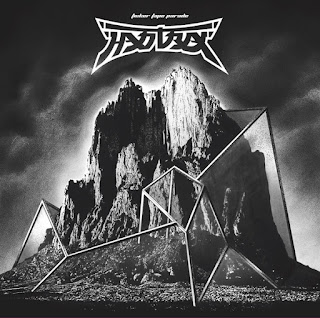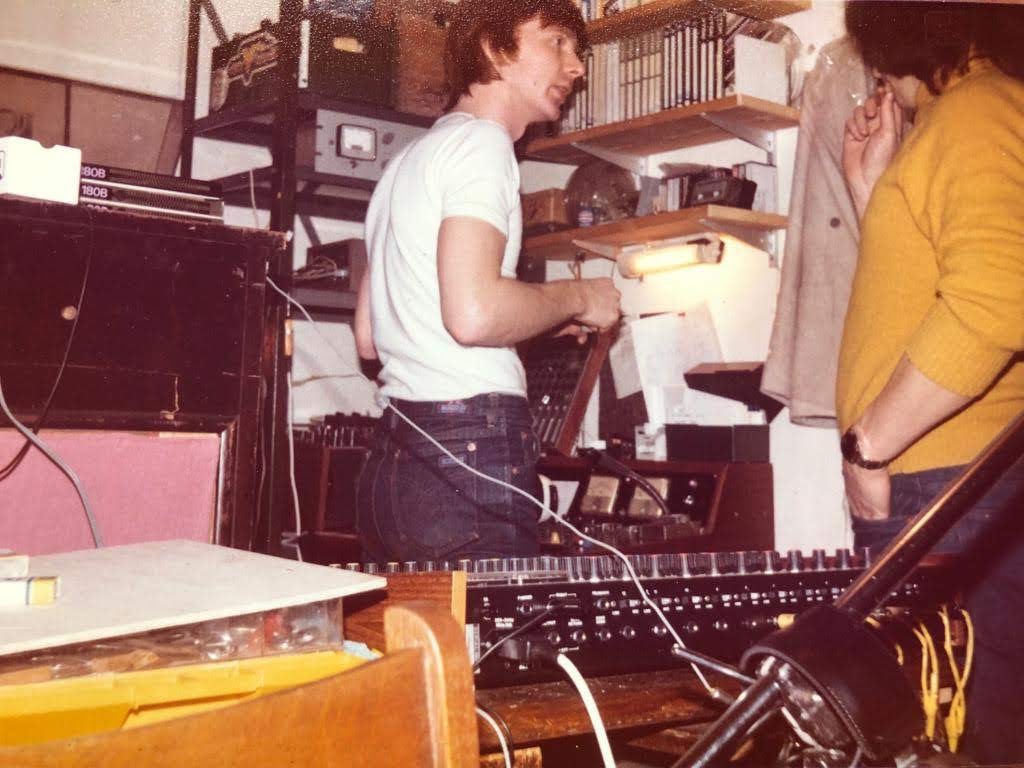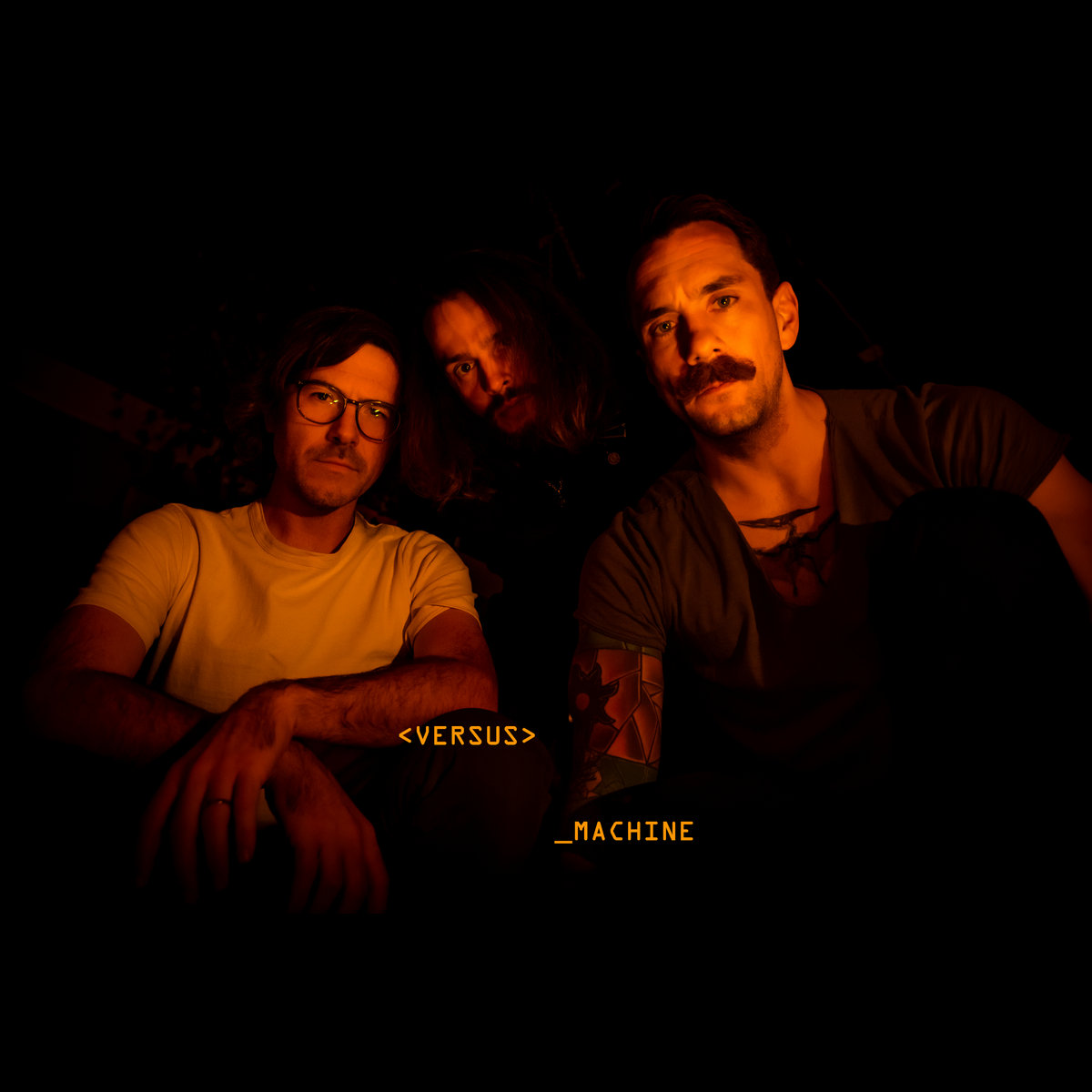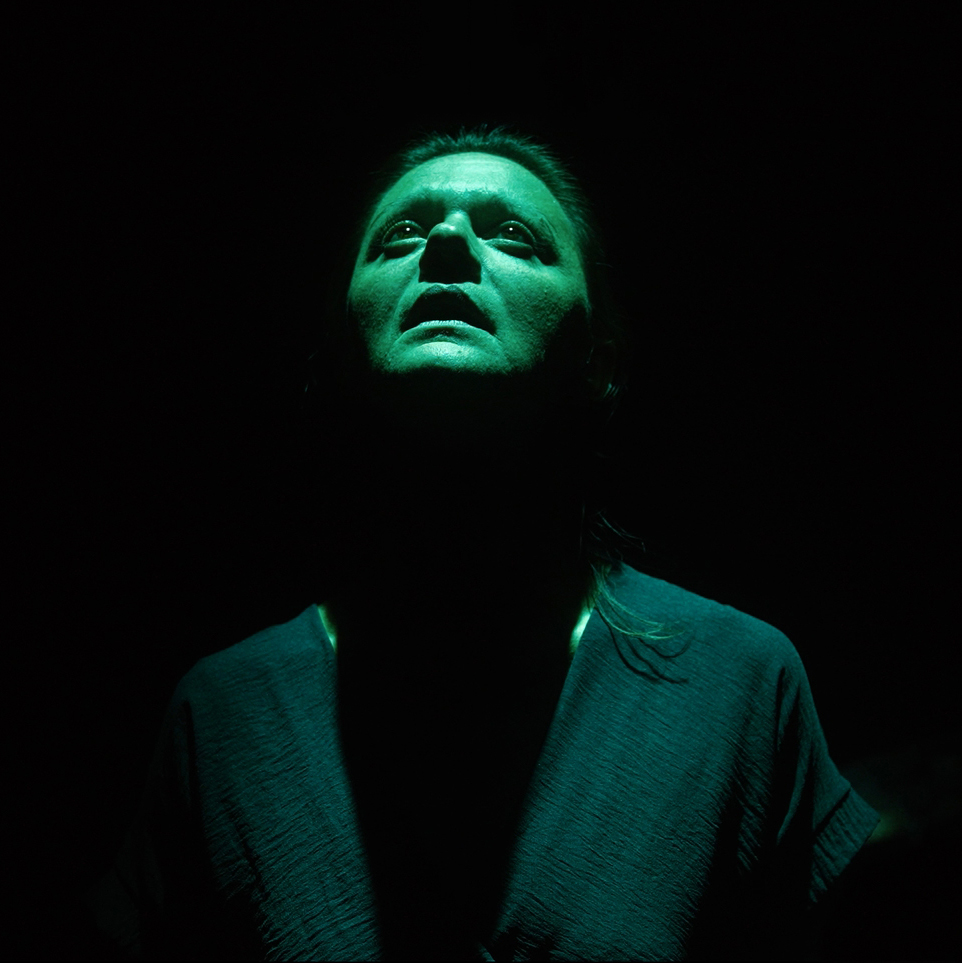Hantrax
“I hope I can inspire people to be more sentimental”
After several electronic records, Hantrax released his first piano album.
Why did you want to record a piano record and not and album with electronic music?
I play the piano since I was 13, I studied classical music with a private teacher, Dorothea Haers, and at the age of 15 I was accepted to Jazzstudio in Antwerp. I have always loved it and I still practice piano every week, actually even for the electronic music I often use the piano to write the basic structure of the compositions. I’ve always been recording music without a specific purpose.
I guess I choose to do it because it is a lingering passion, one that I don’t get to share a lot with many people. A passion I don’t talk too much about, one that was mostly shared with my closest circle, not with an audience. And it felt right and it was important and scary at the same time.
Victor Robyn from the Ekster label, whom I know for a long time, heard many of my piano recordings through the years and wanted to release a selection of improvisations, so the idea of releasing the music on vinyl was rather his. I sent him many recordings and trusted him with the selection.
What are ‘Gazebo Compositions’?
Gazebo’s often serve as bandstands, but more often they’re just standing there by themselves in a park or square. With one of their functions being shelter from the rain. I imagined myself or someone else playing the piano in a park at night, playing beautiful music for no one to hear, just for the sake of playing music. I wanted to make little compositions for a person in a monumental gazebo… no applause, just silence and music.
Are these recordings improvised or composed? Or is this a difference you don’t want to make?
I think a composition is a piece that is intentionally written as a composition, you can repeat time after time the way it was written. An improvisation is a piece that exists out of the musical language one practises, scales, harmony, chords, influences..
So technically these recordings are improvisations, and after they were recorded I had to analyse my own improvisations and write them on score paper to repeat them for the release concert. So I guess at that point they became primitive of some sort and the live show was not an improvisation anymore. And when I play it live again, I will probably improvise a little on the original improvisation.
Sorry. To answer your question: initially it was an important difference to me, but now that I talk about it, that difference seems less relevant.
Do you see this as a jazz record? Or as a classic record?
I see it as a record that captures my references of both jazz and classical music. I use a lot of seventh chords and combine them with simple classical cliche’s. My studies in classical and jazz piano taught me a lot about the history of the instrument and the music, I learned the forms and ‘rules’ of both genres, but I don’t always apply them, because it was not my aim to make a record of a specific genre. I wanted to experiment with it and see where it would take me, it gave me a sense of freedom to know I have enough background to do it, but at the same time I didn’t want to be terrified to do something ‘wrong’. So I guess genres are never really important to me, I’m not a purist. I just plan to keep pushing and exploring my own boundaries and those of the audience. I think that is the job I assigned myself.
You refer to this record as ‘a resting point’ in your career.
It is a resting point for me personally. The piano always calms me down. But if you listen to my last album Ticker Tape Parade, it is almost the opposite of Gazebo Compositions. That album and the shows are often described as electronic mayhem, deconstruction and reconstruction at the same time, with plenty of fragments of references drum computers, synths, piano and much more…
The new album was soothing because I decided to focus on one instrument and the use of it.
The Gazebo Compositions release concert was the day after I played a Ticker Tape Parade electronic show. It literally was a resting point and a big contrast. The Gazebo Compositions are also the resting point in between Ticker Tape Parade and the next one, which is almost ready and rather loud.
You also said you translated memories of your youth into music on this record.
The memories I was referring to are sometimes abstract or technical, but some of them are musical memories, some of them are visual memories and some of them are very dear and personal. ‘Dor de casa’ means homesick in Romanian, the piano holds safe and warm memories from the home I grew up in, but also memories of letting go and the fear of letting go.
I dedicated the record to Belgian filmmaker Jef Cornelis, because I kind of grew up with him, he is like family to me. Jef is a friend of my parents and his daughter Eva is my godmother. When he was on the phone with my mom and I was playing the piano as kid, he would always comment on it and said I have my own style. So I was really proud and nervous to hand him over the record, now that I’m a grown person.
The record sleeve is also from his film ‘De koninklijke serre’s van Laken 1877-1902’, made in 1974.
I grew up with his work and watched the movie many times again during the recordings of the album, and improvised on the rhythm and images of the film. It was like being in a bubble of solitude, an artificial natural environment of grand proportions to explore and it really set the atmosphere. I have good memories of Jef, and his films, and the way he talks about art. The musical memories come from my parents, because I grew up in a house where classical music was always present.
Can I call the music on ‘Gazebo Compositions’ sentimental at times, or would you see that as an insult?
Great question! It is most definitely sentimental at times, and I am very sentimental myself! I’m a very sensitive guy and I’m not afraid of being sentimental, there’s nothing wrong with it. I hope I can inspire people to be more sentimental, it’s liberating and it’s also sweet to share that with others.
You refer to the technique you use on this record as ‘simular to ecriture automatique’.
‘Ecriture automatique’ was used by the surrealist for a ‘technique’ of drawing from your ‘subconscience’ to come to a real surrealist drawing/image. Obviously I didn’t do that literally, but it is very similar if you think about it, with the only difference that my ‘medium’ was the piano and I started from an image or idea or note and than I just tried not too think about it and try to forget the conventions. The first note or chord is the inspiration for the next. I realized that it is almost impossible to ‘unlearn’ what you learned, it shines through anyway.
When I listened to the recording afterwards I could hear a lot of musical memories and influences I listened to as a kid like Schumann, Schubert, Bill Evans, Kris Goessens and so on. Which I didn’t plan to put in, but they came out playing. I could recognize Schubert-like harmonies, Kris Goessens-like licks and Bill Evans inspired voicing. Before it starts sounding pretentious, I do not compare myself to these genius musicians.
You stared as a kid with the cello, but then changed to the piano later on.
I loved the cello because of the low register. But I played my little synthesizer too as a child, I liked the keys a lot. I probably also choose the piano cause I loved the music my father put on at home, like Bach partitas. It was such a beautiful instrument and so fascinating. I was a kid, it was very simple to me, no complicated explanations, just fascination.
You started a jazz education but never finished that. Do you see this a a missed chance? Or do you feel like you made up for it by now?
I started studying at the jazzstudio when I was 15 years old, I wanted to only play music and it was also the only thing I was good at. The reason I had to quit my education was illness. At 17 I was diagnosed with a heavy psychosis, which put everything on hold for me, not only my education. I don’t regret it because I know it was impossible to continue at that time. It took a long and dark period to recover, but even then, I never stopped playing and making music, both electronic and piano. It was what kept me going, just music, I wouldn’t dare thinking about a record, audience, people really listening to it back then. My main concern was to get better and also the fear that that would never happen. I didn’t have the space to think about a lot more than that for a long time.
I know that I’m not able to play the piano like an academic does. But I have no regret at all, because the disease took me to another path, which brought me where I am now. And I am happy and thankful to be where I am now. Every good thing is an extra I didn’t expect.
I was looking at 2 pictures of you. While looking at these pictures, I was thinking: if someone would tell me that these were two different guys, I would believe him. So tell me: what’s the difference between the two Han’s on these pictures? And what do they have in common?
The Han on the left side just came out of a dark period, trying to get better, still struggling and searching, not knowing exactly how to do that: high hopes, not too many great expectations. My weight increased from heavy medication, I was just happy to be with my friend Stijn, who didn’t forget or gave up on me after a difficult time. I wasn’t always the most pleasant person in those days.
Han on the left is a happy Han with a lot more piece of mind, and a better person. I was lucky to meet the love of my life and make new friends who support me and told me it is ok to be different, and I believe them.
But what they both have in common is the love for music, not giving up and a big, sometimes sentimental, heart.
– Joeri Bruyninckx
© Copyright http://www.psychedelicbabymag.com/2017
Array





